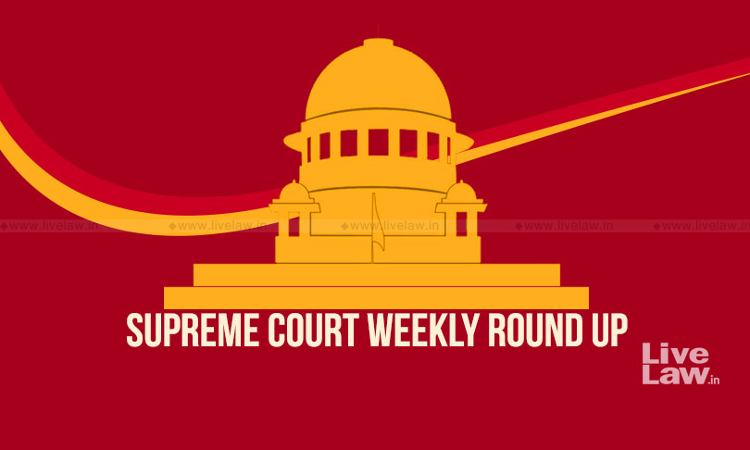- Home
- /
- Top Stories
- /
- Supreme Court Weekly Round Up
Supreme Court Weekly Round Up
Ashok Kini
29 July 2019 8:43 PM IST
Delay To File Suit For Specific Performance Not A Ground To Deny Relief If It Was Filed Within Limitation Period [R. Lakshmikantham vs. Devaraji] The Supreme Court observed that the delay in filing suit for specific performance cannot be a ground to deny relief to the plaintiff, as long as it is filed within the period of limitation. Failure To Recover Dead Body By Itself...
Next Story



